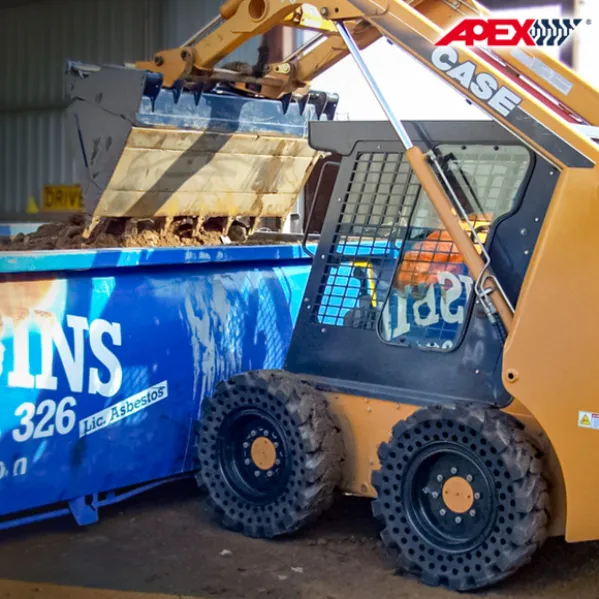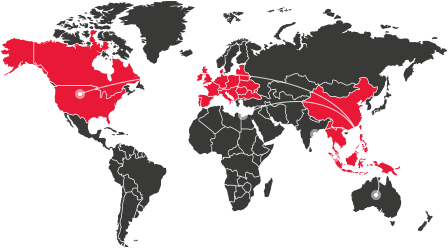Common Problems With Skid Steer Loaders

Powerful and adaptable equipment known as skid steer loaders is frequently employed in agriculture, landscaping, and construction. Skid steers can have issues over time, just like any other piece of heavy machinery. Take a look at some typical skid steer issues:
Leaks in the hydraulic system: these are among the most frequent issues with skid steers. Fluid levels that are either too low or too high can cause the hydraulic system to malfunction as a whole. Hydraulic issues might also be brought on by clogged fluid filters. The next and crucial step will be to inspect the hydraulic lines for leaks and loose fittings. Make that the engine and pump are operating normally before performing any inspections. It will assist you in finding the leaks. The control valve’s seals and fittings will be examined in the final phase. Valves themselves shouldn't have any issues opening and shutting.
Other related issues may involve the power for the loader arms, bucket, and other attachments coming from the hydraulic system. Hydraulic hose, fitting, or seal leaks can result in a system pressure loss and decreased loader performance.
Electrical problems: Sensors, switches, and control modules are just a few of the electrical parts that come standard on skid steers. This issue could be brought on by loose or disconnected steering or loader connections. Moreover, inspect the wires that connect the joystick to the actuators and hydraulic pump. You can have joystick problems if they are improperly linked. It would be wise to examine the safety switches on your machine, which are supposed to operate properly and have all the connections protected, if your control system does respond, but slowly. Electrical issues can also result in a machine's complete shutdown or intermittent problems with the lights, gauges, or engine starting.
Problems with the skid steer's engine: Your car won't start? Check the fuel system first, paying close attention to the filters. Filter changes should be made according to the schedule stated in the manuals to avoid problems. It makes sense to change filters more frequently if the surroundings you operate in are dusty. Proceed to the fuel tank if the filters are in good condition. Your engine may not run as it should if there is an improper fuel flow.
The next step would be to inspect the glow plugs. Glow plugs can occasionally come free, which causes cooling of the engine. Ensure sure the connections are secure.
Transmission issues: The skid steer's transmission enables forward and backward movement and gear changes. The machine may stall, jerk, or stop moving completely as a result of a transmission issue. Low transmission fluid levels, dirty filters, and worn gears or bearings are typical problems.
Problems with the tires or tracks: Skid steers can have either tires or tracks, and both types of systems are subject to malfunction. Tracks might become loose or broken, while tires can run flat or wear unevenly. The stability, steering, and traction of the skid steer might be impacted by issues with the tires or tracks.
Operator's mistake: this is a potential cause of numerous issues with skid steers. Problems might arise from overloading the equipment, improper attachment use, and uneven terrain operation. Skid steer operators need to be well-trained in order to reduce the risk of accidents and equipment damage.
Now that we have learned some important issues of a skid steer vehicle, you may perhaps fix the issues with your skid steer loaders with the assistance of this article. Send us a message to get more information on APEXWAY, we provide excellent solid tires suitable for your skid steer loader. Do not hesitate to contact us.
For more information about solid tires, click here:





